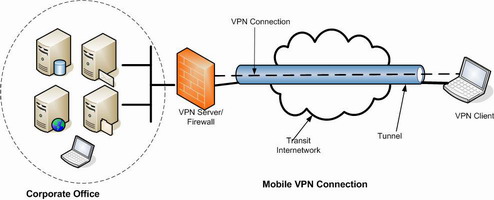Secure, Easy and Cheap VPN: OpenVPN

I’ve used IPSec, PPTP and SSL VPNs for quite some time and found them to have their own strengths and weaknesses. IPSec is secure but too complicated, with too many options for implementation and configuration. PPTP is easy to use and configure but it had some security issues in the past, which deters serious security minded organizations to implement it. Commercial SSL VPNs are easy to use but they’re very expensive and still haven’t solved all the remote connection problems.
I was introduced to SoftEther (popular Japanese personal VPN) by one of my boss few years ago, it’s secure and free but the documents are available only in Japanese. While I was searching for english documents of SoftEther, I came across an Wikipedia entry, which said “It is similar to OpenVPN, though it is closed source software”. I’d heard about OpenVPN but had never given it a serious look. This time I decided to look at it. I was pleasantly surprised by it’s ease of installation, use and robust security. Here are few points to note about OpenVPN:
- It’s a free and opensource.
- It’s secure; uses the SSL/TSL protocol.
- It’s easy to install and use. Graphical User Interfaces are available for those who fear the command lines.
- Has flexible authentication scheme based on certificates, smart cards, or traditional username/password credentials.
- Can be implemented as a bridge or a router (OSI layer 2 or layer 3).
- Excellent cross-platform support, it can be installed in Linux, Unix, Windows and Mac OS X.
- Good documentation, FAQs, HowTos and articles.
If you’re looking for a secure, cheap, flexible and easy to use vpn solution, then you should give OpenVPN a try.






OpenVPN is one of the many VPN clients customers should consider when using a VPN service. Although free VPN clients may seem reliable, there may be some security concerns.
Nationwide VPN
Kelly,
thanks for the comment. BTW, nice way to promote your product ;). However, I think open-source softwares are more transparent, efficient and faster in responding to security issues than the closed-source.
What country’s IP address does Open VPN provide? I’ve seen most VPNs have a particular country based IP